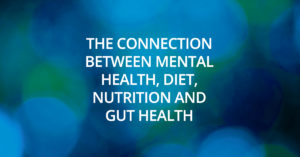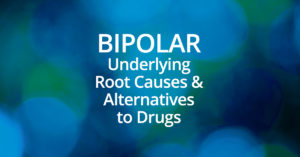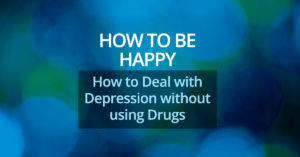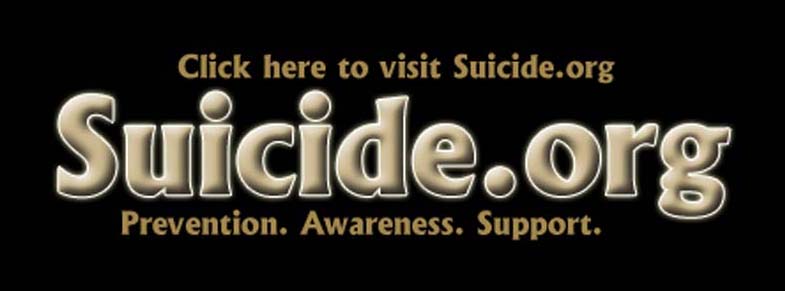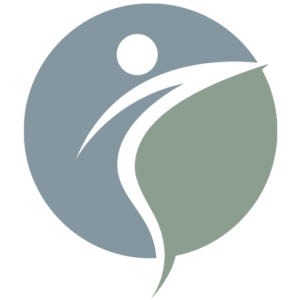DISCLAIMER: THIS IS NOT MEDICAL ADVICE! We do not employ doctors or licensed medical professionals, so we do not provide medical advice. Nothing presented here is a substitute for the advice of a DOCTOR or other licensed health care provider. Never stop, start or add medications or supplements to your health or mental health care regime without first checking for interactions or other problems, and thoroughly researching the substance. Before you employ any information here, consult your health care professional. No information here is the result of valid clinical trials.
Thinking of Starting an Antidepressant?
Informed Consent and Questions for Your Doctor
Dr. Shipko's Informed Consent for SSRI Antidepressants
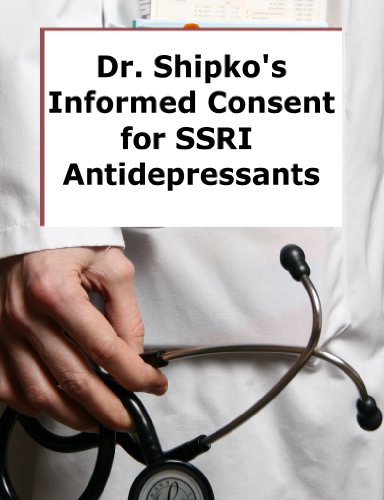 "Dr. Shipko's Informed Consent for SSRI Antidepressants" is written by MIA Blogger and psychiatrist Stuart Shipko, MD. He says, "I am writing this eBook to share the key information that I discuss with patients in consultation before starting or stopping a serotonin reuptake inhibitor (SSRI) antidepressant. 'Informed Consent' is not intended to be a comprehensive book about these drugs, rather, it duplicates the information that I typically provide to my patients when I see them in consultation. If you are contemplating starting or stopping an SSRI antidepressant, then you will find this information helpful."
"Dr. Shipko's Informed Consent for SSRI Antidepressants" is written by MIA Blogger and psychiatrist Stuart Shipko, MD. He says, "I am writing this eBook to share the key information that I discuss with patients in consultation before starting or stopping a serotonin reuptake inhibitor (SSRI) antidepressant. 'Informed Consent' is not intended to be a comprehensive book about these drugs, rather, it duplicates the information that I typically provide to my patients when I see them in consultation. If you are contemplating starting or stopping an SSRI antidepressant, then you will find this information helpful."
(from Amazon)
When doctors say this... ask this.
Compiled by Bobby Fiddaman, Author, blogger, researcher. http://fiddaman.blogspot.com.
The doctor will either stutter, stare into space or tell you to stop reading the Internet conspiracies.
- "Antidepressants help many people." - How many? How do they help them? Describe, in detail, how they act on the brain and, furthermore, how that action helps 'lift' depression, anxiety etc.
- "After overcoming depression some find coming off antidepressants quite difficult." - Some? How many exactly, what are the figures? In any event, how does one know one has overcome 'depression' if the antidepressants are designed to make consumers feel like they aren't depressed?
- "When trying to stop you may find your depression returns." - How do they know this, how do they know whether it's a return of the depression or whether it's a side effect of withdrawal?
- "If you've had one episode of depression it's best to stay on your antidepressants for six months to a year after you feel better." - Antidepressants are supposed to treat depression not prevent it. Should I take paracetamol even though I don't have a headache?
- "Most people don't have troublesome side effects when coming off antidepressants, but some do."- Figures, what are the figures? Is this statement based on 8-12 week clinical trials or is it based on the post-marketing surveillance of these drugs?
- "Most people said that their symptoms lasted up to six weeks." - Define most. What are the figures?
- "Ask your friends and family for support and maybe take some time off work." - Those same friends and family will not know anything about drug withdrawal - yes, they may spot signs of suicidality but won't make the connection that it could be the drug causing the suicidal feelings - they will assume, just as many doctors do, that it's the 'underlying illness'.
- "Reduce your dose slowly, this helps to reduce symptoms." - Symptoms of what? How slowly. Where's the guidance here?
- "Keep a diary of your symptoms and doses." - Have you ever tried writing when going through severe withdrawal? I could barely lift a pen, let alone write.
- "Be prepared to stop the reduction or increase the dose as necessary." - Why? Is this due to the drug causing the symptoms or a return of the illness?
Turn the tables folks. Your Dr has a duty to inform you.
CHW The Connection Between Mental Health, Diet, Nutrition and Gut Health
Diet, nutrition, and chronic systemic inflammation are linked to health and mental health disorders such as anxiety, depression, bipolar, and even schizophrenia. Below are links to articles that discuss this promising way to naturally address these conditions.
Read MoreCHW Posting & Journaling Your Taper
When you post, help us to support you. We need the full picture. For us to help you properly when you post, we need that information. So it is very important to keep a journal while tapering.
Read MoreCHW Bipolar Alternatives to Drugs
Bipolar is purely subjective. Many times the bipolar diagnoses is really side effects from prescription or street drugs and alcohol, and/or problems with blood sugar regulation and nutrient absorption. Not saying that people aren’t truly suffering but the way to heal is not with powerful, toxic pharmaceutical drugs.
Read MoreCHW How To Be Happy
How to deal with depression – without using drugs. These suggestions are from various sources and my belief is that doing something different or extra will help. Thank you, all those who wittingly or unwittingly helped me compile this list.
Read MoreCHW Self-Advocating With Your Doctor
DISCLAIMER: THIS IS NOT MEDICAL ADVICE! We do not employ doctors or licensed medical professionals, so we do not provide medical advice. Nothing presented here is a substitute for the advice of a DOCTOR or other licensed health care provider.…
Read MoreCHW Finding Holistic, Functional & Integrative Practitioners
If your doctor is prescribing Cymbalta and other toxic psychotropics, you may be better served by finding a doctor that will try to help you find the cause of your condition rather than masking it.
Read MoreLooking for help with something?
Search our site below...
Please take the time to report your adverse symptoms from Cymbalta and Cymbalta withdrawal to the FDA. Call 1-800-332-1088 ![]()
© 2019 Healing America Now

